Building Right: A Guide to Environmental and Building Regulations
The construction industry is a cornerstone of our society, shaping our communities and skylines. But with great building comes great responsibility. Environmental and building regulations are the guardrails that ensure our projects are not only safe and functional, but also minimize their impact on the environment and the well-being of future occupants.
Ignoring these regulations can be a costly mistake. Delays, fines, and even project shutdowns can occur if environmental concerns are overlooked or building codes aren’t met. But fret not! Following these regulations isn’t just about avoiding trouble – it’s about building a better future. Compliance unlocks a treasure trove of benefits, making your project a win-win for the environment, your wallet, and the people who’ll use the building.
Demystifying the Regulations
Environmental regulations encompass a broad spectrum. Think waste management – ensuring construction debris is disposed of responsibly. Pollution control – minimizing dust, noise, and water contamination during construction. Habitat protection – protecting wildlife and sensitive ecosystems from disruption. Environmental impact assessments (EIAs) play a crucial role, identifying potential environmental concerns early on and allowing for adjustments to minimize impact. The specific regulations will vary depending on your location, but some common examples include the Clean Air Act (US) or the Environmental Protection Act (UK).
Building regulations, on the other hand, focus on the structure itself. Structural integrity is paramount – the building needs to be safe and withstand the elements. Fire safety regulations are in place to minimize the risk of fires and ensure safe evacuation in case of emergencies. Accessibility regulations ensure everyone, regardless of ability, can access and use the building comfortably. And with a growing focus on sustainability, energy efficiency regulations are becoming increasingly important, promoting the use of energy-saving materials and practices. Building codes, like the International Building Code (IBC) in the US, outline these specific requirements, and obtaining permits ensures your project adheres to them.
Building a Smooth Path
So how do you navigate this seemingly complex landscape? Here are some key strategies:
- Early planning and collaboration: Involving environmental consultants and building code experts early in the project planning stage is crucial. They can identify potential issues and develop solutions that ensure compliance from the get-go.
- Utilize resources and tools: Government websites, industry associations, and online resources like National Association of Home Builders (NAHB) or the International Code Council (ICC) provide valuable information on regulations. Staying updated on regulation changes is vital.
- Communication and transparency: Open communication with regulators and contractors throughout the project is key. Maintaining clear documentation of plans, materials, and waste management practices streamlines the approval process.
Building a Brighter Future
By adhering to environmental and building regulations, we achieve several goals. We minimize the construction industry’s footprint on the environment, conserving resources and protecting ecosystems. We create safe and healthy buildings for people to live, work, and learn in. We avoid costly delays and fines, ensuring project efficiency. And in some cases, sustainable construction practices can qualify for tax breaks or incentives.
The Takeaway
Environmental and building regulations are not roadblocks, but rather road signs guiding us towards responsible and sustainable construction. Research the regulations specific to your location, seek professional guidance when needed, and embrace these regulations as an opportunity to build a better future, one project at a time. Let’s all be responsible builders!
If you would like to discuss any aspect of environmental or building regulations for your project, do not hesitate to Call Alan on 07539141257 or 03332241257, or +447539141257 or +443332241257, you can schedule a call with Alan on https://calendly .com/alanje or drop an email to alan@alpusgroup.com.